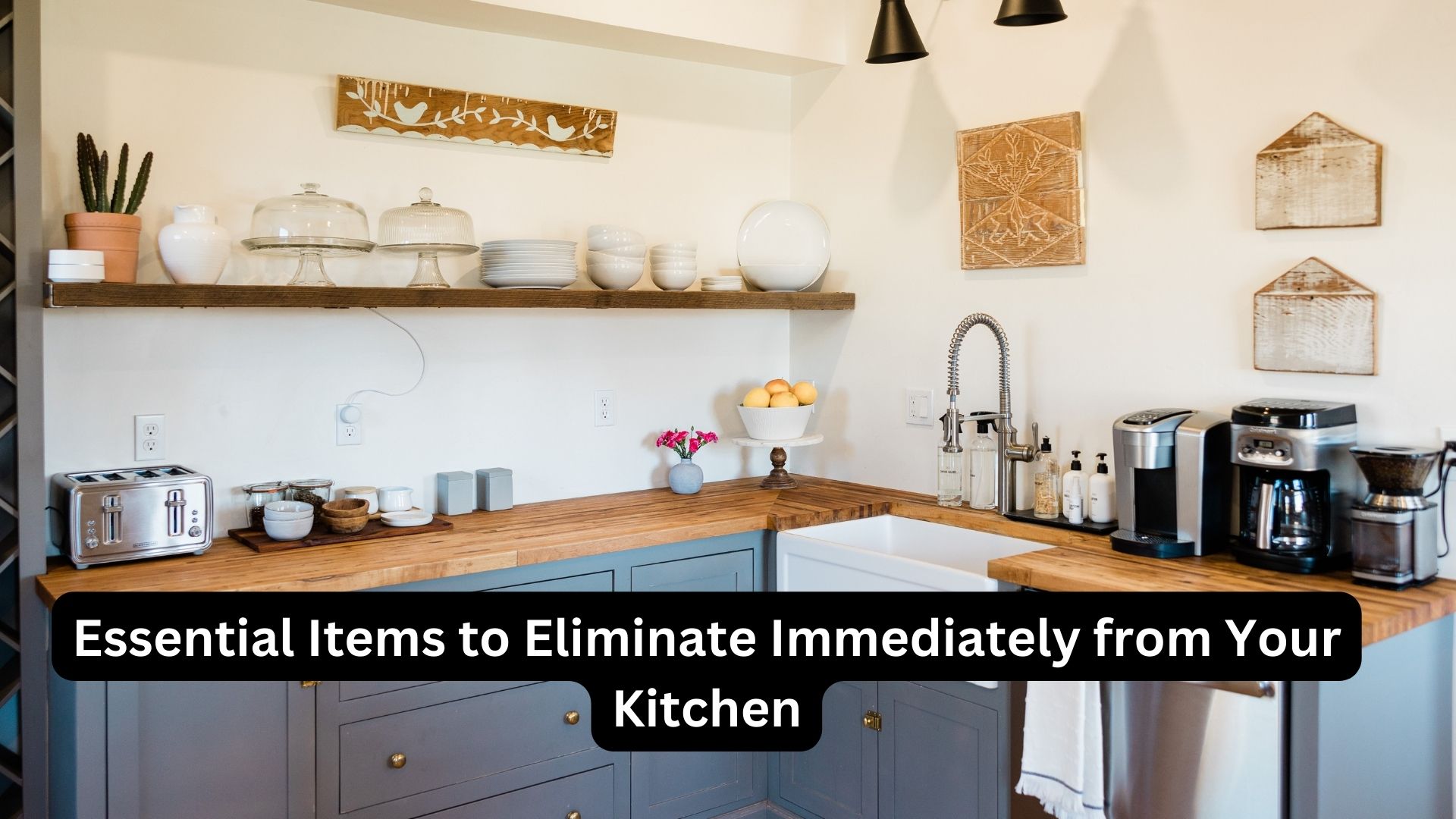
Maintaining a healthy diet goes beyond just the food we consume; it extends to our kitchen and cookware as well. According to experts, it’s time to make some adjustments to promote a healthier cooking environment. Shivani Bajwa, founder of YogaSutra Holistic Living, suggests that by eliminating certain items from your kitchen, you can create a more functional, organized, and health-conscious space. Here are some changes to consider:
- Chopping Board: The chopping board has a limited lifespan, and those with numerous or deep cracks can harbor bacteria. Replace damaged boards promptly with a fresh one to ensure a hygienic cooking surface.
- Spices: Keep an eye on spice expiration dates, checking a few times each year. Bajwa recommends a simple test – if the spice lacks its distinctive scent when pinched between your fingers, it’s time to replace it.
- Aluminum Utensils: Avoid cooking or drinking with aluminum utensils as a small amount of aluminum can enter the body. Accumulation of excess aluminum poses risks, particularly for those with kidney problems. Additionally, aluminum foil used in cooking may leach small amounts of aluminum into food, raising health concerns.
- Old Sponges: While cleaning sponges can extend their life, used sponges may harbor Moraxella osloensis bacteria. Although not a severe threat to health, it could increase the risk of infections, especially for individuals with weakened immune systems.
- Plastic and Plastic Containers: Chemicals like phthalates, bisphenols (BPAs, BPSs, BPFs), and polychlorinated biphenyls (PCBs) used in plastic production have been linked to various health issues. Consider replacing plastic containers with eco-friendly alternatives such as glass or stainless steel to minimize exposure to these harmful substances.
- Chipped Pans: Chipped or damaged non-stick pans can release harmful chemicals into food when overheated. Dr. Nirupama Rao warns about the potential release of perfluorooctanoic acid (PFOA), a substance associated with health risks, when using pans with damaged non-stick coatings.
To minimize plastic consumption in your kitchen, consider the following tips:
- Use Reusable Containers: Opt for reusable glass or stainless steel containers instead of single-use plastic ones.
- Choose Sustainable Drinkware: Drink from reusable stainless steel or glass water bottles to reduce reliance on plastic bottles.
- Avoid Microwaving Plastics: Transfer takeout to ceramic or glass dishware immediately, avoiding the microwave use of plastics.
By implementing these changes, you can transform your kitchen into a healthier and more sustainable space for your culinary endeavors.
